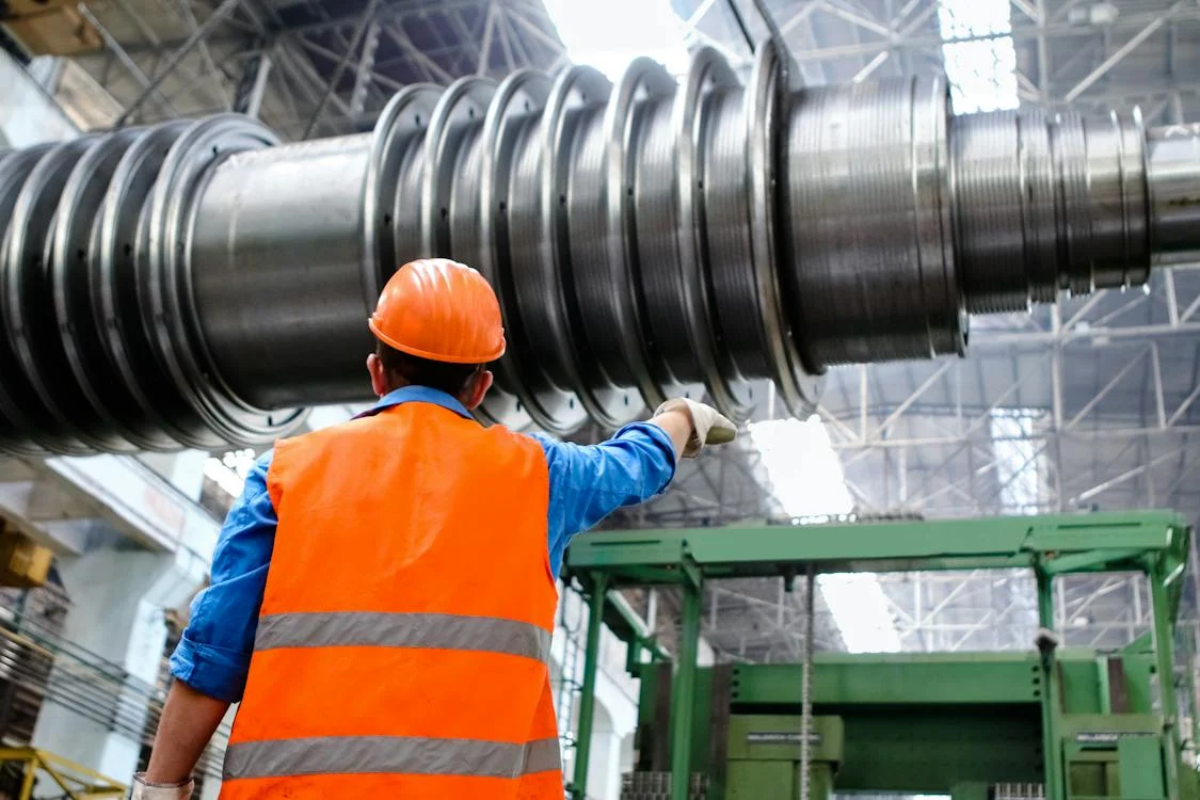- February 16, 2024
Manufacturing, tech, and India: The Indian economy must shift to manufacturing and should leverage tech to do so

Indian companies and start-ups are venturing into sectors like EVs, advanced batteries, solar PV, semiconductors, and GenAI technologies.
The job creation imperative had pushed the NDA government to foster the manufacturing sector right from the 2014 Make-in-India campaign, reinforced through production-linked incentives (PLI) in 14 sectors, announced under the 2020 Aatamnirbhar Bharat package. Staying within the constraints of an Interim Budget, finance minister Nirmala Sitharaman has ensured that the manufacturing thrust is continued in the Interim Budget for FY25, presented on February 1, 2024.
Sharpening the cutting-edge of manufacturing
The most timely among the proposals impinging on the manufacturing sector is the creation of a corpus of Rs 1 trillion for providing 50-year interest-free loans to the private sector for scaling up the research and development and innovative activity in sunrise sectors. The importance of firm-level innovative activity to bolster their competitiveness is widely recognised. Hence, the governments of most advanced and emerging countries actively promote and subsidise industrial R&D activity.
Indian companies, even the leading ones, lag behind their peers in R&D intensity by a wide margin, as pointed out by Naushad Forbes in a recent ISID policy brief. Hopefully, the availability of long-tenure, interest-free funds would encourage Indian companies to boost their innovative activity. It is most timely because Indian companies and start-ups are getting into new emerging or sunrise areas such as electric vehicles (EVs), advanced chemistry batteries, solar PV equipment, semiconductor chips, and generative AI, where the technology frontier is still evolving and provides possibilities for early entrants to build technology leadership and manufacturing excellence. That this proposal is coming on the heels of a `50,000 crore National Research Foundation announced in the FY24 Budget suggests that the government recognises the importance of promoting R&D to foster innovation-led growth to obviate the middle-income trap.
Carrying forward the localisation momentum
The PLI scheme has emerged as the flag-bearer for fostering the manufacturing sector. It is especially geared to enhance localisation of technology-intensive sectors. Since its launch in the FY22 Budget, it has also shown its promise in select sectors, with mobile handset manufacturing being one where India has been catapulted from being a net importer to a net exporter in a very short time. While value addition needs to be enhanced through backward integration of mobile assembling, it is a good start to find a toehold in a sector of immense potential, with global leaders like Apple and Samsung establishing their manufacturing base in the country.
The Interim Budget has enhanced allocation for electronics and IT hardware PLI by 36% from `4,560 crore to `6,200 crore. The PLI allocation has also been increased for the automobiles and components sector from `483.7 crore to `3,500 crore; from `1,696 crore to `2,143 crore for bulk drugs, APIs and medical devices; and from `12 crore to `250 crore for advanced chemistry batteries. The PLI scheme has also been extended to cover the highly labour-intensive sectors of toys and footwear and leather goods which are likely to benefit MSMEs. The customs duties on some electronic components have been adjusted to enhance local value addition.
Fostering green industrialisation
Over the past few years, the government has fostered the localisation of the solar PV ecosystem in the country through PLI, which has yielded concrete results in terms of the creation of large, vertically-integrated solar PV modules’ making capacity. It provides a possibility of an accelerated clean energy transition towards India’s net zero goals. In that direction, the Interim Budget has announced a plan for rooftop solarisation of 10 million households with 300 units of free electricity per month and the excess will be purchased by the utilities. This scheme will help to augment the demand for locally made equipment while generating incomes for the participating households and expediting the clean transition.
There are a number of other initiatives for clean transition, including viability gap funding for one GW offshore wind energy projects, coal gasification, liquefaction of 100 MT by 2030, and mandatory blending of compressed biogas in CNG and PNG. The Interim Budget also provides a boost for EV manufacture and charging infrastructure and adoption of e-buses for public transport. It also announced a new scheme of biomanufacturers and biofoundries for biodegradable polymers, bioplastics, biopharmaceuticals, and bio-agri inputs.
Augmenting demand for manufacturing
The Interim Budget has built on the strong infrastructure momentum of the last one by enhancing the capex by 11.11% to `11.11 trillion. The PM Awas Yojana will also be extended to build 20 million new houses over the next five years in addition to 30 million already made. Public investment, especially in infrastructure and housing, drives the economy directly and helps crowd in private investment, working as a multiplier. The expanded capex for infrastructure will augment demand for key manufacturing sectors such as steel, cement, and capital goods industries, among others, and will have a cascading effect on other upstream and downstream sectors of manufacturing. This will help the Indian economy continue to sustain its growth trajectory despite the global headwinds.
Therefore, the Interim Budget for FY25, despite having limited space to manoeuvre, has managed to provide a direction to the economy in terms of innovation-led industrial transformation for sustaining India’s growth momentum in a challenging global environment. Shunning the temptations of populist overtones, it seeks to accelerate the inclusive and green transition of the economy, leveraging technology and strengthening the domestic manufacturing base for job creation.
Nagesh Kumar, Director, Institute for Studies in Industrial Development (ISID), New Delhi penned this piece for Financial Express.
Views are personal and do not represent the stand of this publication.
